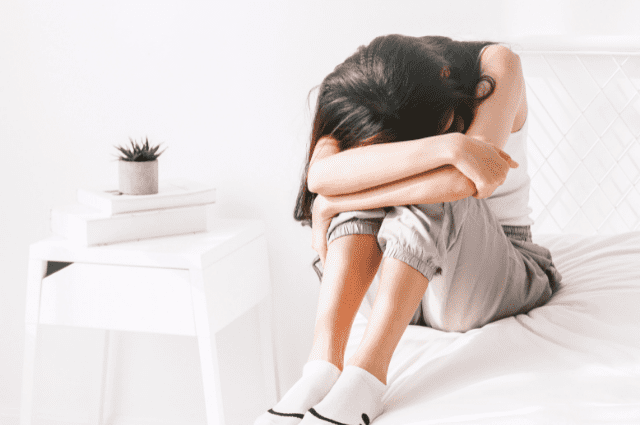
Why Does Seeing a Board-certified OBGYN Matter?
Finding an OB/Gyn to take care of yourself and your family is incredibly important. Choosing from the many that are available can be a daunting task. Hopefully this will help you make a decision for you to choose the best OBGyn for your medical care.




